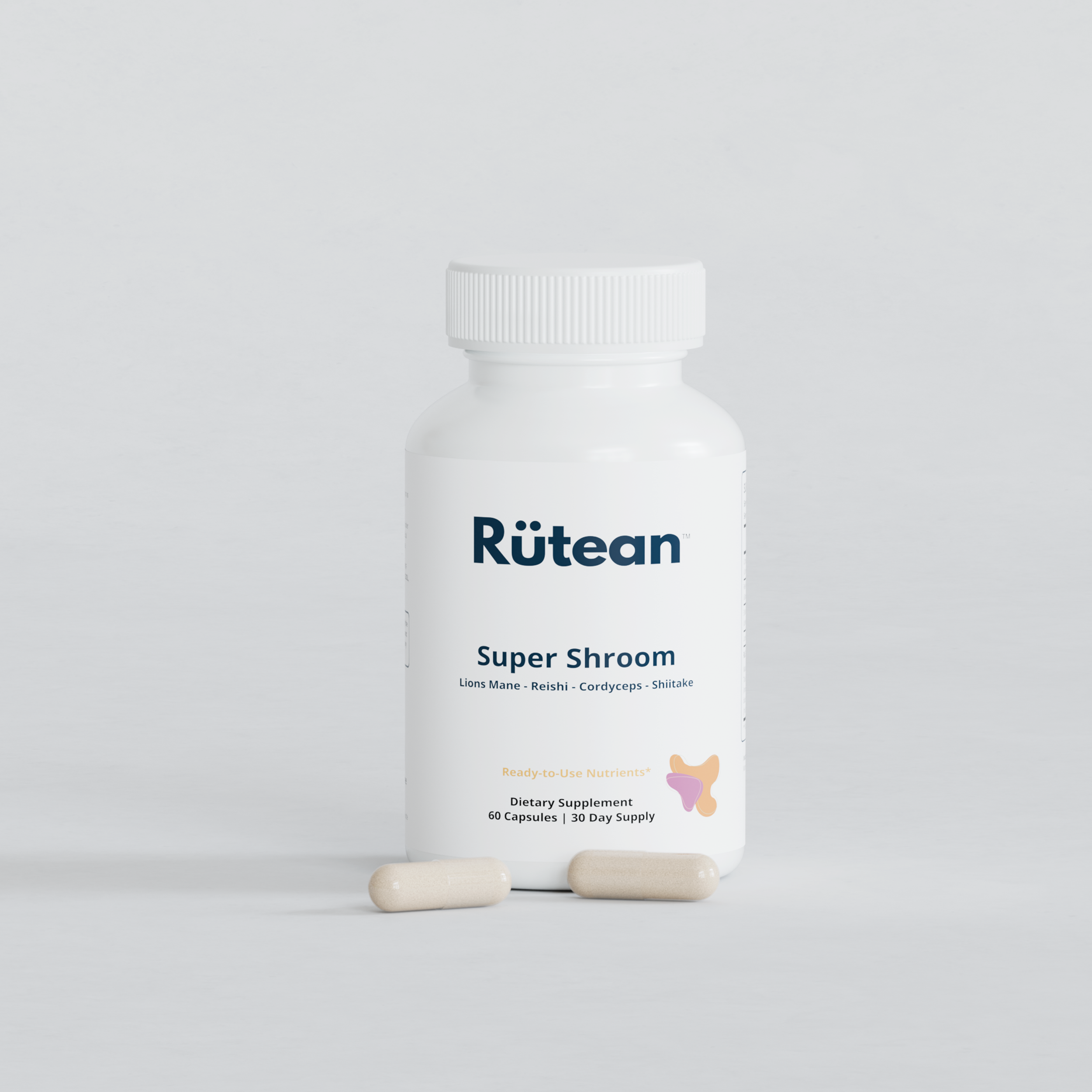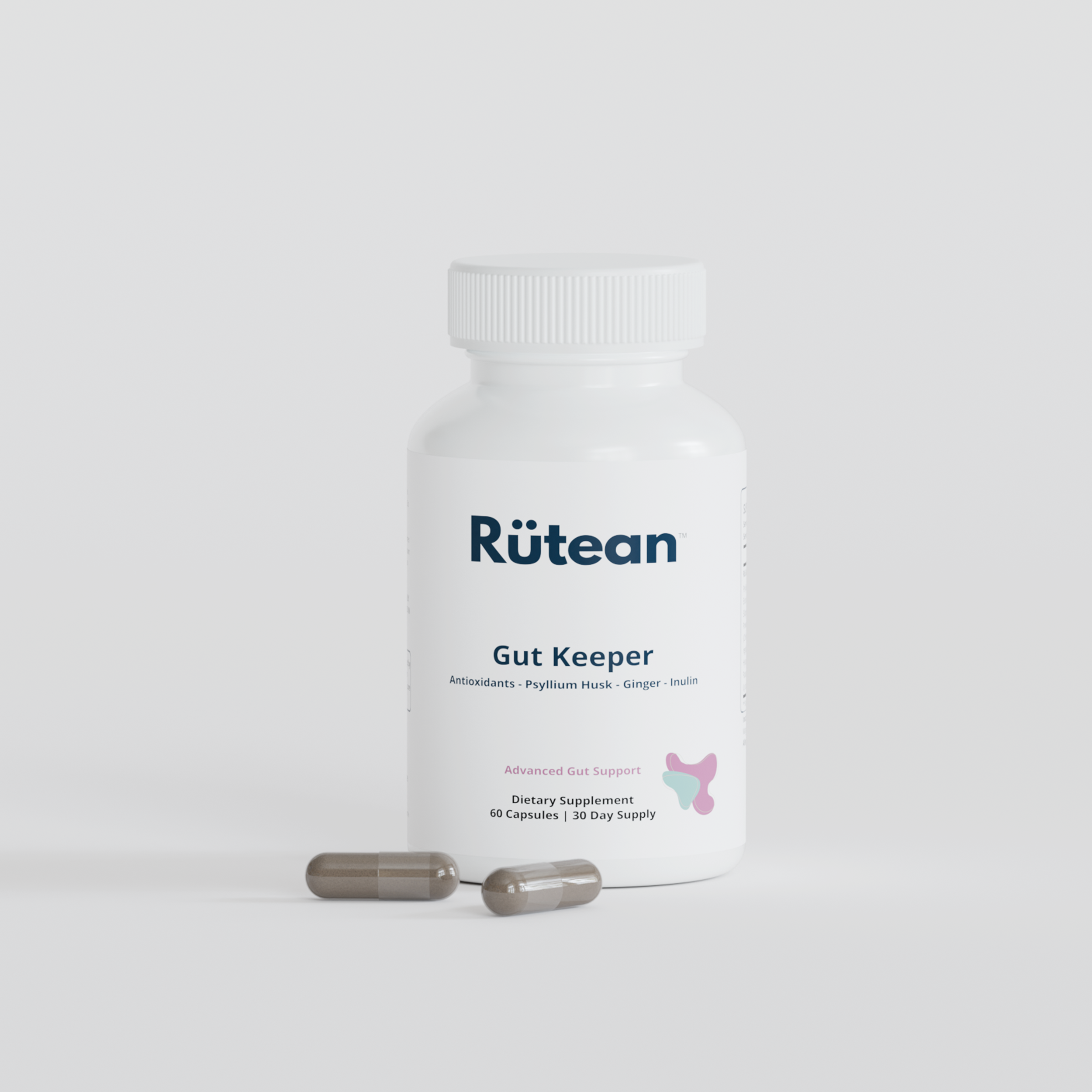If you've ever tossed and turned the night away after a spicy meal, you're already somewhat aware of the deep-seated connection between your gut and your sleep. What's fascinating, however, is that this connection goes far beyond late-night indigestion. Current research points to an intimate and complex relationship between gut health and sleep quality. Understanding this connection could unlock new ways to improve our nightly rest.
Your Gut: A Universe Within
Before delving into the sleep-gut relationship, let's briefly explore the marvel that is our gut. Our gastrointestinal (GI) tract, often dubbed our "second brain," is home to trillions of bacteria, collectively known as the gut microbiota[1]. This bustling bacterial city is involved in various vital functions, from digesting food and producing essential vitamins to supporting the immune system and even impacting mood[2].
The Sleep-Gut Connection: A Two-Way Street
So, how does the gut tie into our sleep? The connection is a two-way street. Firstly, our gut health influences our sleep. The gut microbiota produces and releases compounds, such as serotonin and gamma-aminobutyric acid (GABA), that influence our sleep-wake cycle[3]. An imbalance in our gut microbiota (dysbiosis) can disrupt these compounds' production, potentially leading to sleep issues[4].
Secondly, our sleep affects our gut health. Research indicates that sleep deprivation can alter our gut microbiota composition[5], contributing to a vicious cycle of poor sleep and gut health
Promoting Gut Health for Better Sleep
Given the reciprocal relationship between gut health and sleep, improving our gut health could lead to enhanced sleep quality. So, how can we promote gut health?
Maintain a balanced diet: Diets rich in fiber and fermented foods, such as yogurt and kimchi, can help nourish and diversify our gut microbiota[6].
Exercise regularly: Regular physical activity can promote a healthy gut microbiome, enhancing its diversity and abundance[7].
Manage stress: Chronic stress can disrupt our gut microbiota. Mind-body practices like meditation and yoga can help manage stress levels[8].
Consider probiotics: Maintaining good gut health could be as simple as introducing prebiotic, such as Psyllium, into your daily routine. As a prebiotic, psyllium acts like a hearty meal for the beneficial bacteria residing in your gut, helping to rebalance your gut microbiota[9]. This not only creates a healthier gut environment but also fosters a diverse and robust microbial community.
In Conclusion: A Gut Feeling About Sleep
The adage "you are what you eat" could be modified to "you sleep how you eat." Paying attention to our gut health may help us sleep more soundly and wake more refreshed. As scientists continue to unravel the complexities of the gut-sleep connection, it's clear that our bodies' systems are far more interconnected than we once thought. Taking a holistic approach to our health – one that considers both our gut and sleep – is crucial for optimal well-being.
References
1- Quigley EMM. Gut microbiota (GM) in health and disease. World Journal of Gastroenterology. 2013.
2- Valdes AM, Walter J, Segal E, Spector TD. The role of gut microbiota in nutrition and health. Nature Reviews Gastroenterology & Hepatology. 2018.
3- Bested AC, Logan AC, Selhub EM. The Microbiome and Mental Health: Looking Back, Moving Forward with Lessons from Allergic Diseases. Clinical Psychology Review. 2013.
4- Anderson JR, Maes M. Gut Microbiome and Sleep. Current Sleep Medicine Reports. 2020.
5- Benedict C, Vogel H, Jonas W, Woting A, Blaut M, Schürmann A, Cedernaes J. The effect of sleep deprivation on the human metagenome. Molecular Metabolism. 2016.
6- Kootte RS, Vrieze A, Holleman F, et al. The gut microbiome, diet, and links to cardiometabolic and chronic disorders. Nature Reviews Endocrinology. 2016.
7- Allen JM, Mailing LJ, Niemiro GM, Moore R, Cook MD, White BA, Holscher HD, Woods JA. Exercise Alters Gut Microbiota Composition and Function in Lean and Obese Humans. Medicine & Science in Sports & Exercise. 2018
8- Hannibal KE, Bishop MD. Chronic stress, cortisol dysfunction, and pain: a psychoneuroendocrine rationale for stress management in pain rehabilitation. Physical Therapy. 2014
9- McRorie JW Jr, McKeown NM. Understanding the Physics of Functional Fibers in the Gastrointestinal Tract: An Evidence-Based Approach to Resolving Enduring Misconceptions about Insoluble and Soluble Fiber. Journal of the Academy of Nutrition and Dietetics. 2017;117(2):251-264



